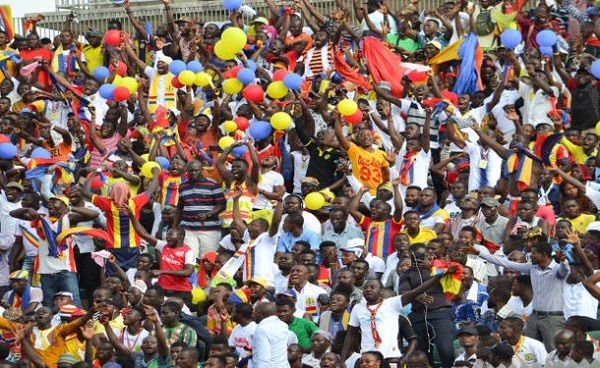Supporters play an integral role in the success and sustainability of football clubs. Beyond the passion and loyalty they bring to stadiums, they represent a vital pillar in revenue generation, decision making, and long term growth. In Ghana, Asante Kotoko Sporting Club has taken a bold step toward modernizing supporter engagement through its Fabu Census initiative, which allowed for the election of the National Supporters’ Chairman (NSS) via a fully digital process. This innovation offers lessons for rival clubs such as Accra Hearts of Oak, whose own registration portal, Phobia4Life, has so far stood still without achieving its full potential.
The Fabu Census has transformed how Kotoko manages and mobilizes its supporters. By registering fans digitally, the club has not only created a transparent system but also empowered supporters to actively participate in governance processes, such as electing the NSS chairman. The use of technology ensured fairness, credibility, and inclusivity, as supporters from across the country and even abroad could be recognized and have their voices heard. This progressive step underscores Kotoko’s commitment to accountability and modernization.
On the other hand, while Hearts of Oak established Phobia4Life as its official supporter registration portal, the initiative has yet to deliver meaningful progress. As one of Ghana’s most historic and successful clubs, Hearts of Oak boasts a massive following, yet it still lacks a reliable system to fully capture and activate that fan base. Without proper mobilization through Phobia4Life, the club struggles to turn its wide support into measurable numbers, commercial opportunities, and a stronger decision making structure.
Supporter registration goes beyond numbers; it is about building a structured community. For Hearts of Oak, reviving and rebranding Phobia4Life would mean more than just collecting names. It would create a direct line of communication between the club and its base, provide accurate demographic data for marketing, and open doors for merchandise sales, sponsorships, and fundraising. Furthermore, it would empower registered fans to feel a sense of belonging, knowing their voice matters in the running of the club.
The success of Kotoko’s Fabu Census shows that such initiatives are not only possible but highly beneficial. It demonstrates that technology can bridge the gap between tradition and modernity, ensuring that supporters remain at the heart of the club’s future. For Hearts of Oak, maximizing Phobia4Life could strengthen its structures, enhance transparency, and bring unity to its widely scattered fan base.
In conclusion, Asante Kotoko’s digitized supporters’ mobilization, capped by the historic election of its NSS chairman, is a model that should inspire other clubs in Ghana. For Hearts of Oak, the way forward lies in breathing new life into Phobia4Life, transforming it from a dormant registration portal into a vibrant movement for fan mobilization. Only then can the Phobians unlock their true potential, giving their massive fan base the recognition and influence it deserves while matching Kotoko not only on the field but also in the critical area of supporter engagement and governance.

